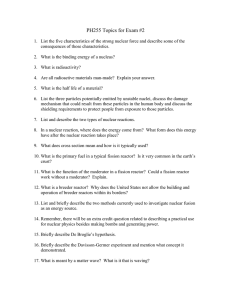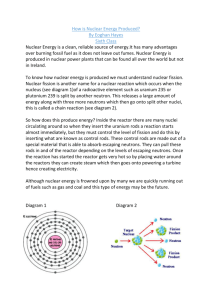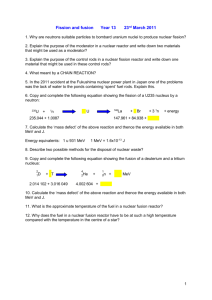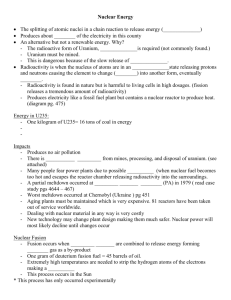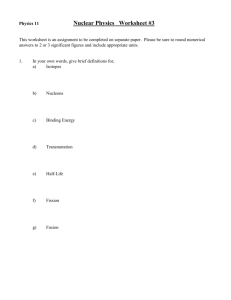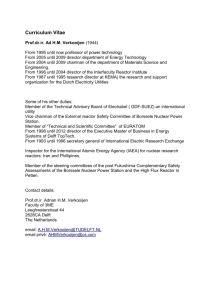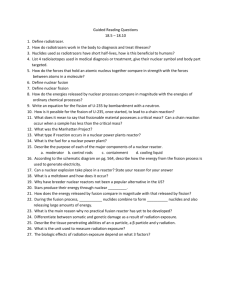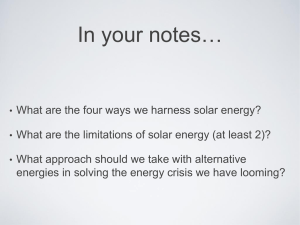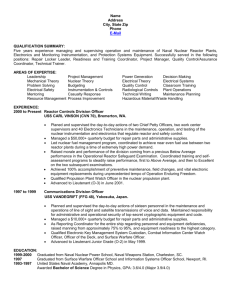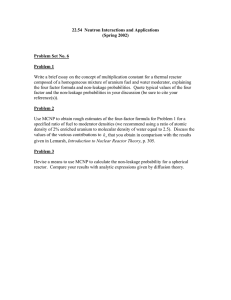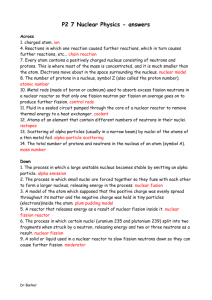Energy Resources Vocab - Madison County Schools
advertisement
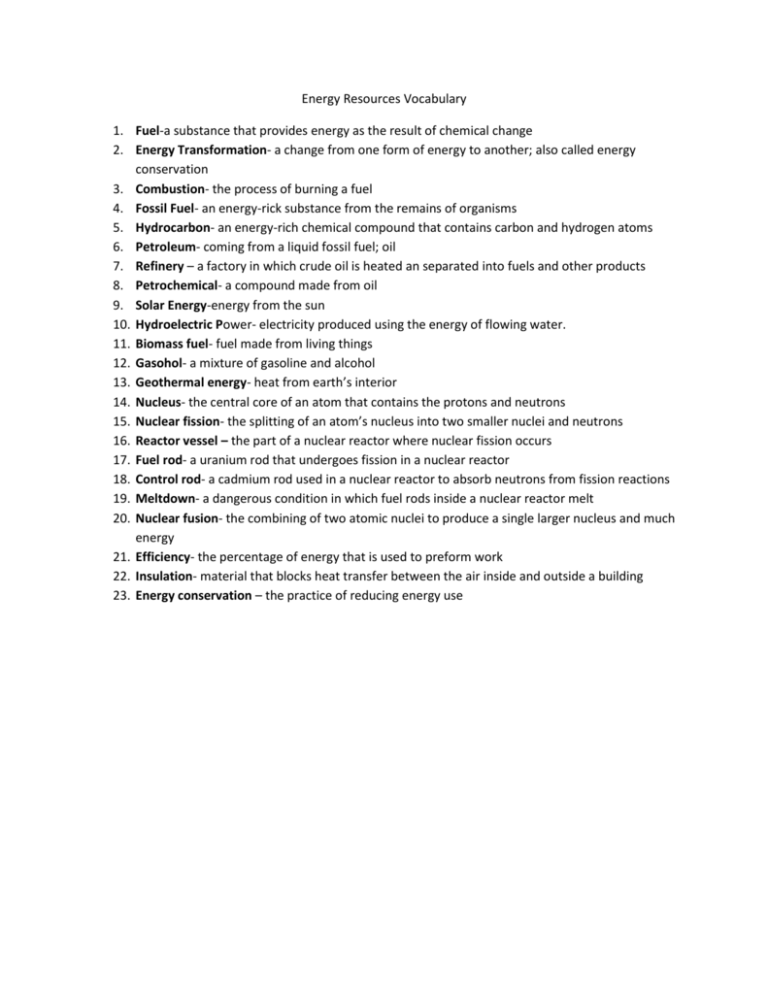
Energy Resources Vocabulary 1. Fuel-a substance that provides energy as the result of chemical change 2. Energy Transformation- a change from one form of energy to another; also called energy conservation 3. Combustion- the process of burning a fuel 4. Fossil Fuel- an energy-rick substance from the remains of organisms 5. Hydrocarbon- an energy-rich chemical compound that contains carbon and hydrogen atoms 6. Petroleum- coming from a liquid fossil fuel; oil 7. Refinery – a factory in which crude oil is heated an separated into fuels and other products 8. Petrochemical- a compound made from oil 9. Solar Energy-energy from the sun 10. Hydroelectric Power- electricity produced using the energy of flowing water. 11. Biomass fuel- fuel made from living things 12. Gasohol- a mixture of gasoline and alcohol 13. Geothermal energy- heat from earth’s interior 14. Nucleus- the central core of an atom that contains the protons and neutrons 15. Nuclear fission- the splitting of an atom’s nucleus into two smaller nuclei and neutrons 16. Reactor vessel – the part of a nuclear reactor where nuclear fission occurs 17. Fuel rod- a uranium rod that undergoes fission in a nuclear reactor 18. Control rod- a cadmium rod used in a nuclear reactor to absorb neutrons from fission reactions 19. Meltdown- a dangerous condition in which fuel rods inside a nuclear reactor melt 20. Nuclear fusion- the combining of two atomic nuclei to produce a single larger nucleus and much energy 21. Efficiency- the percentage of energy that is used to preform work 22. Insulation- material that blocks heat transfer between the air inside and outside a building 23. Energy conservation – the practice of reducing energy use
